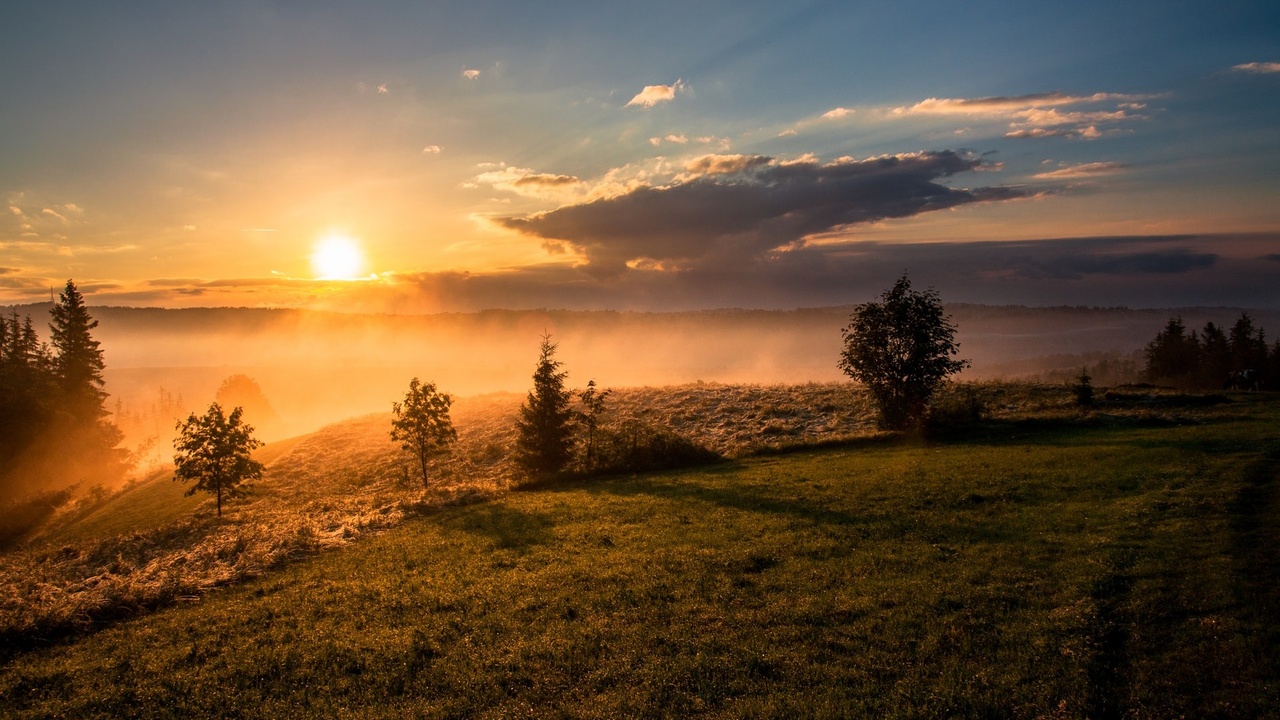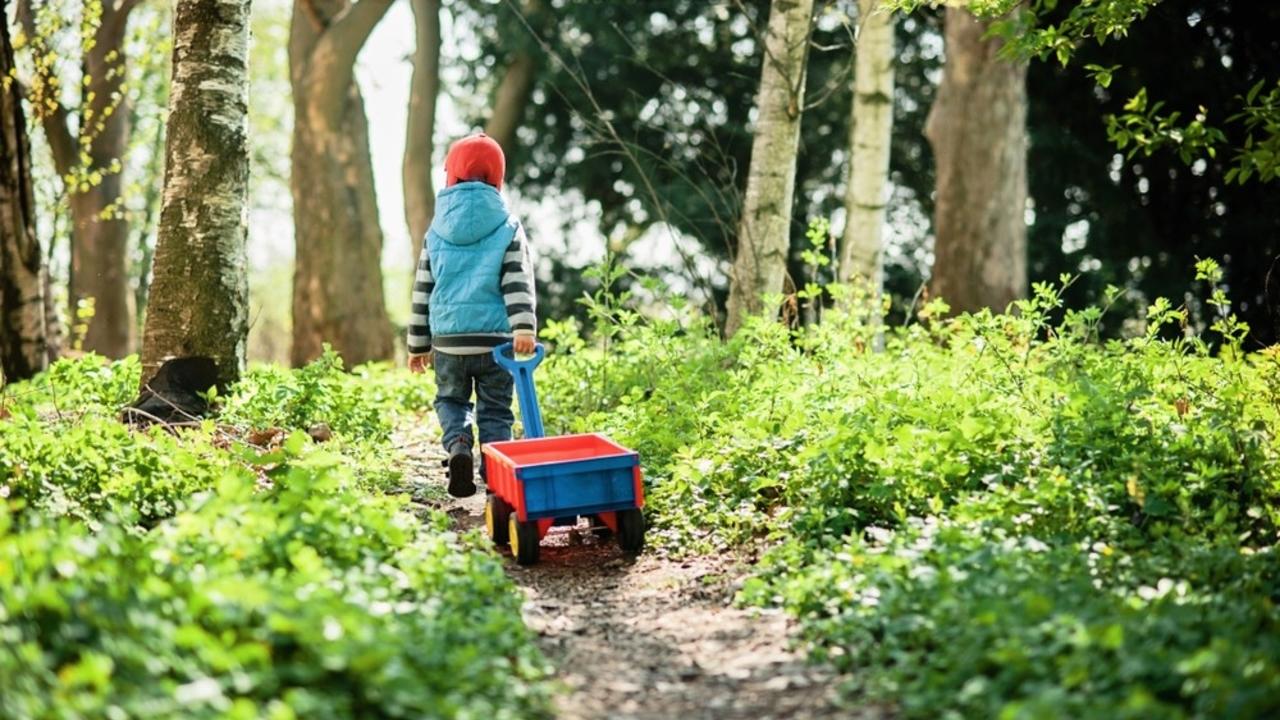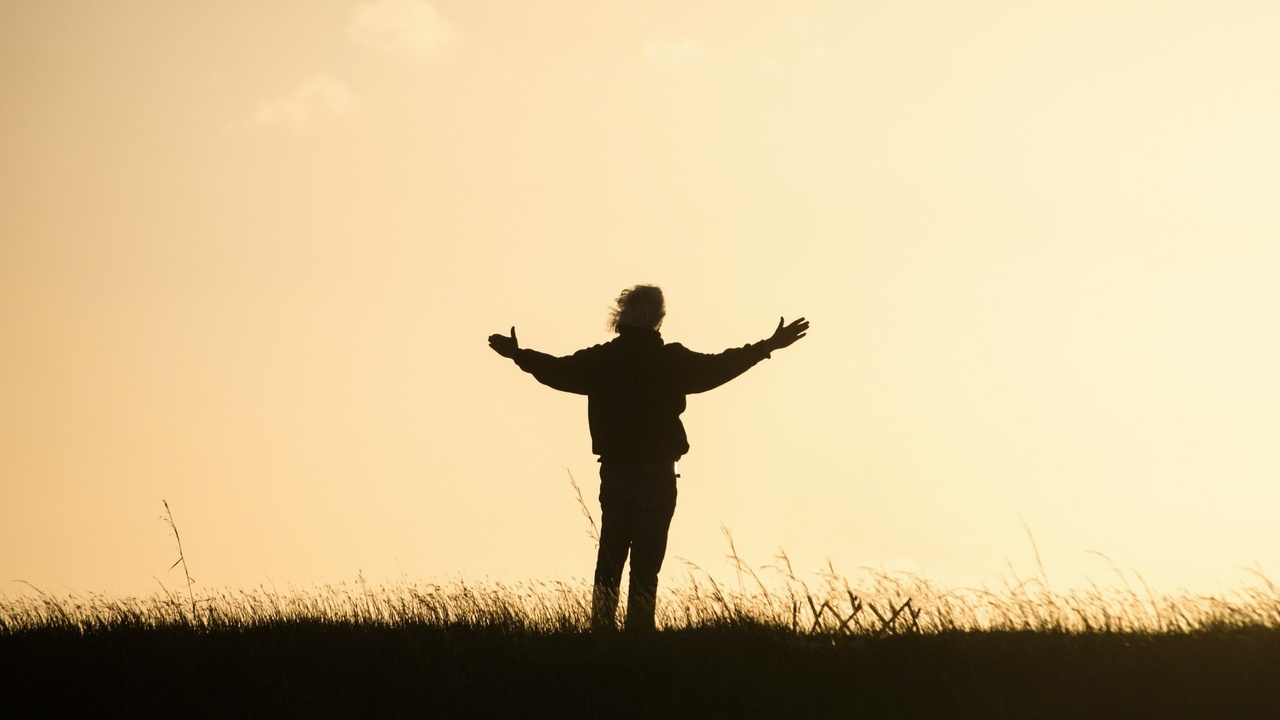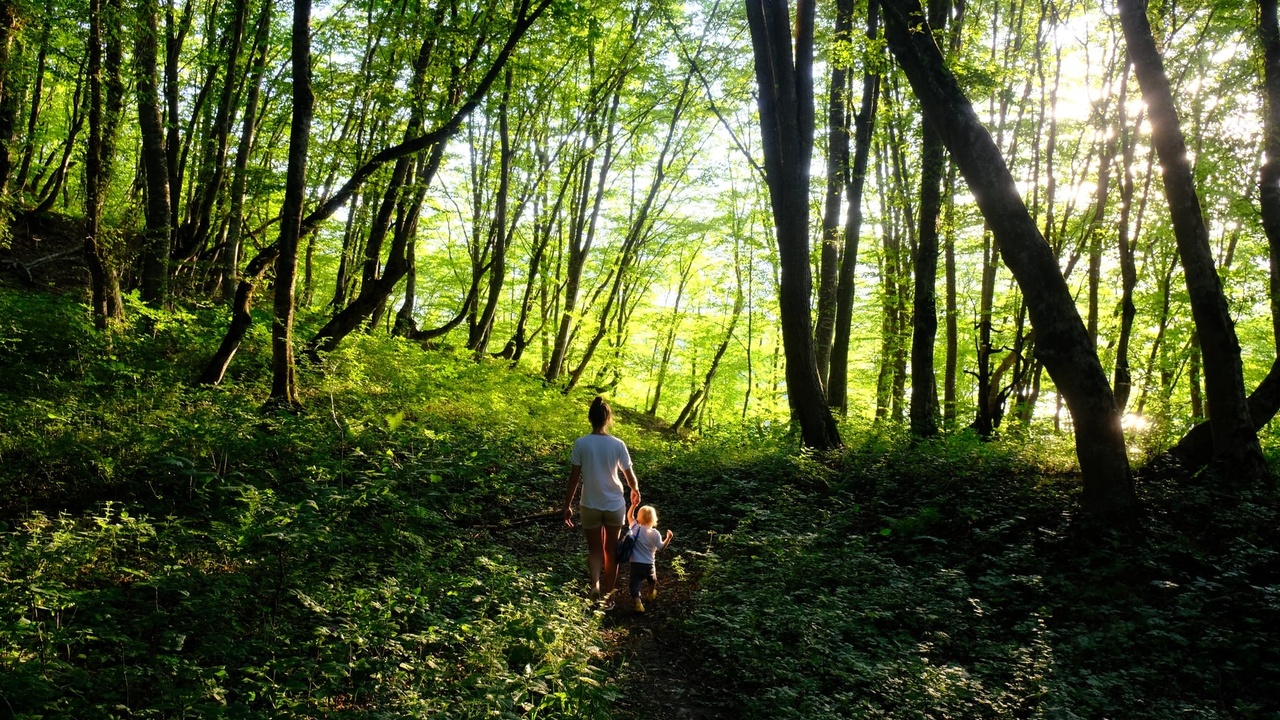Sustainable wellbeing and green living
Let's find ways to Flourish!
Top 10 ways to care for yourself as you care for the planet

I am guessing that you have felt it too, the burden of caring for the planet and wanting to work towards a better world can be pretty tough on our souls, especially when we know the gravity of the situation that we face. Sadness and overwhelm can come easily with this territory, especially for those of us who tend to be very empathic.
We need to care for ourselves along the way to support our wellbeing - after all, we are beings of the earth, and we all know the saying, in case of an emergency, put on your own oxygen mask before assisting others. This is how you do that!
Yep, it is sometimes just that simple. breathe. It helps in the moment, both physically and mentally supporting us to slow down, find calm and be more present. Here are some simple breathing techniques to apply.
The practice of caring for ourselves in a sustainable way to produce wellbeing that extends beyond just our lives, but also into the community and the environment is what Sustainable Wellbeing is all abo...
Reduce your eco-anxiety with this technique

Mindfulness is a term that you are likely to hear and read about quite often. It has become a bit of a buzzword, but despite its recent popularity, mindfulness isn’t a new fad. It's actually a basic human ability that anyone can tap into. Essentially, mindfulness is the ability to centre oneself in the present moment and become aware of our actions without becoming overwhelmed by what’s going on around us.
Even though you may understand the basic premise of mindfulness, it can still be difficult to achieve, and actually feel the positive impacts in your daily life, especially during stressful times (like a pandemic) or when we have other life challenges. But, this is when we actually need it most.

One of the ways mindfulness can help improve your life is through its ability to reduce stress. Mindfulness is being recommended for people going through a variety of especially stressful situations such as serious illness and can be used to also help us at least in part, alleviate eco-an...
Want to be 10 Percent Happier?

I see a lot of people - especially professional women, mid-career with plenty to manage at home and at work, just really struggling. And I have been there too - heck, every other week! When I was wrestling with the stress of life back at work after my second go with cancer my counselor asked me if I meditated. I said, "No, I have tried, but I either hyperventilate or can't really clear my mind."
She suggested I try one of the Apps for meditation and I did. I use Headspace every day now, and it has fundamentally changed my life. No, it is not all better all at once, it is not a panacea, but I am more at ease - more content. And what could be better than that? Like Dan Harris' book about his journey to meditation, I am definitely "10% Happier".
Incorporating practices into your life that encourage the development of your mind-body connection can result in significant mental and physical health benefits.
Tuning into your body and emotions can be achieved through practices such as mindf...
What Nature Does for our Bodies and Minds

We seek out nature for many reasons – for recreation, quiet and solitude, exercise, nature views, and plenty more. But did you know that nature has measurable positive effects on our physiological and psychological wellbeing?
You may have noticed that spending time in the outdoors leaves you feeling refreshed with an improved mood. You might even find yourself seeking out nature during times when you are stressed, upset, or feeling under the weather.
The biophilia hypothesis is the idea that humans have an innate tendency to seek connections and associate with nature. The term biophilia literally translates to “love of life.” American biologist Edward O. Wilson proposed in his work Biophilia (1984) that the tendency for humans seek out life and lifelike processes is biologically ingrained.
Throughout the course of our evolution, the natural environment has been conducive to our survival and enhanced our physical, emotional, and intellectual fitness. We depended (and still do to some...
7 Best Calvin and Hobbes Quotes on the Meaning of Life

Do you remember and love Bill Watterson’s iconic Calvin & Hobbes comic strip? I know that my husband A.J. and I have long loved the world of the young boy Calvin and his stuffed Tiger, Hobbes. They manage to show us the world as it is - usually as they careen down a hill in a little red wagon or play a vigorous game of Calvin ball.
The insights they bring, even after multiple re-readings throughout the years have helped me sleep better at night and even feel like I can be a better human being.
In case you are unfamiliar with Calvin & Hobbes, the comic strip centres around a six-year-old boy named Calvin and his imaginary stuffed tiger named Hobbes. Together, this inseparable pair makes many observations about life, the state of the world, philosophy, and everything in between!
Calvin & Hobbes was first published on November 18, 1985 and could be found in over 2,400 different newspapers worldwide. Watterson retired in 1995, but his comics and their life lessons remain relevant!
Much...
How to use soundscapes to be present

Sounds is interesting. It has the power to transport us to a calm and centred frame of mind or to stress us out. While a babbling brook might feel calming to our nervous system, traffic, the sounds of the urban environment, or noisy neighbours can stress us out. So what makes some sound pleasant and others stressful?
Is sound really just subjective and could we train ourselves to observe sound without judgment and simply use it as a tool to connect with ourselves?
When we find ourselves facing eco-anxiety, mindfulness is an excellent tool to help ourselves be more present, and gain perspective, but we often think about meditation or mindfulness as requiring a calm environment. However, in addition to basic breathwork, soundscapes are all around us all of the time and present an opportunity to tune in to our surroundings and practice mindfulness.
“Once you are meditative, music will naturally be a part of your life. Everything is vibration – everything is sound.” - Sahdguru
If y...
Wellbeing and Ourselves

We live in a fast paced, often tumultuous society in which we are confronted with new problems and stressors on a near daily basis. Whether it be challenges we face at work, conflicts with family or friends, or much larger scale issues like the climate crisis, it is easy to become overwhelmed and feel helpless.
It can be difficult to comprehend the effects these challenges have on us and our feelings. They can cause us to feel stressed, anxious and unfulfilled in our relationships with ourselves, our loved ones and our surroundings. It is understandable that we are often left thinking “What I am missing? There must be something more.”
Wellbeing
The wellbeing model integrates multiple aspects of our lives, promoting a more holistic approach to leading a fulfilling life. As opposed to being a state of mind or a response to stimuli, wellbeing is a much broader concept of what it means to flourish, and what is necessary to allow us to do so.
Wellbeing has value in itself and asks not ...
The simple way to enhance your life

“Joy does not simply happen to us. We have to choose joy and keep choosing it every day.” - Henri Nouwen
The practice of gratitude has proven to have a substantial impact on the wellbeing and happiness of individuals who consistently express thankfulness for the things and people in their lives, no matter how big or small.
It is important to keep in mind that nobody’s life is perfect. We all experience negative emotions and difficult circumstances but being able to acknowledge the things you are grateful for is an important part in helping you overcome your struggles and feel content with your life.
In fact, one of the best ways to identify your gratitude is by visualizing your life without the positive events that you have experienced. By imagining the absence of these events, you will be able to develop an even stronger appreciation that they did in fact occur and are present in your life.
How you can express gratitude
In expressing gratitude, you will be able to change your...
Passing Along Wisdom and Cultural Heritage

“A people without the knowledge of their past history, origin and culture is like a tree without roots.” – Marcus Garvey
Wisdom and cultural heritage are inherited and passed down from generation to generation. The knowledge and cultural heritage that is passed down creates a sense of belonging and strengthens cultural ties between generations.
Oral traditions, skills, belongings, languages, social practices, and natural environments are all part of cultural heritage and wisdom. They are often learned from previous generations and are considered an integral part of our identity.
The elements that are shared between generations represent the memories and knowledge of the past, as well as their importance in the present moment and in the future. Much of our knowledge of how to live sustainably originates in the principles and wisdom passed down from our ancestors.

Traditions and nuggets of wisdom are passed down not by accident, but because they are deemed important and worthy ...
How to use Forest Bathing to Manage Eco-anxiety

“It is not so much for its beauty that the forest makes a claim upon men’s hearts, as for that subtle something, that quality of air that emanation from old trees, that so wonderfully changes and renews a weary spirit.” - Robert Louis Stevenson
Forest bathing is a mental and physical wellbeing exercise that emerged in Japan in the 1980s. The Japanese name, shinrin-yoku, can be directly translated into the English words “forest” and “bath.”
This exercise, as its name suggests, involves immersing yourself in nature and connecting to your surroundings through sight, sound, touch, smell, and taste. Unlike many organized outdoor activities that involve physical exercises such as hiking, sports, swimming, or jogging, forest bathing only requires your presence in nature.
Although forest bathing may seem intuitive, our growing disconnect from nature means that we are not taking the time to be present in nature as often as we should.

“And into the forest I go, to lose my mind and fi...



